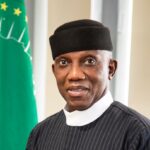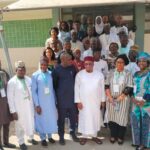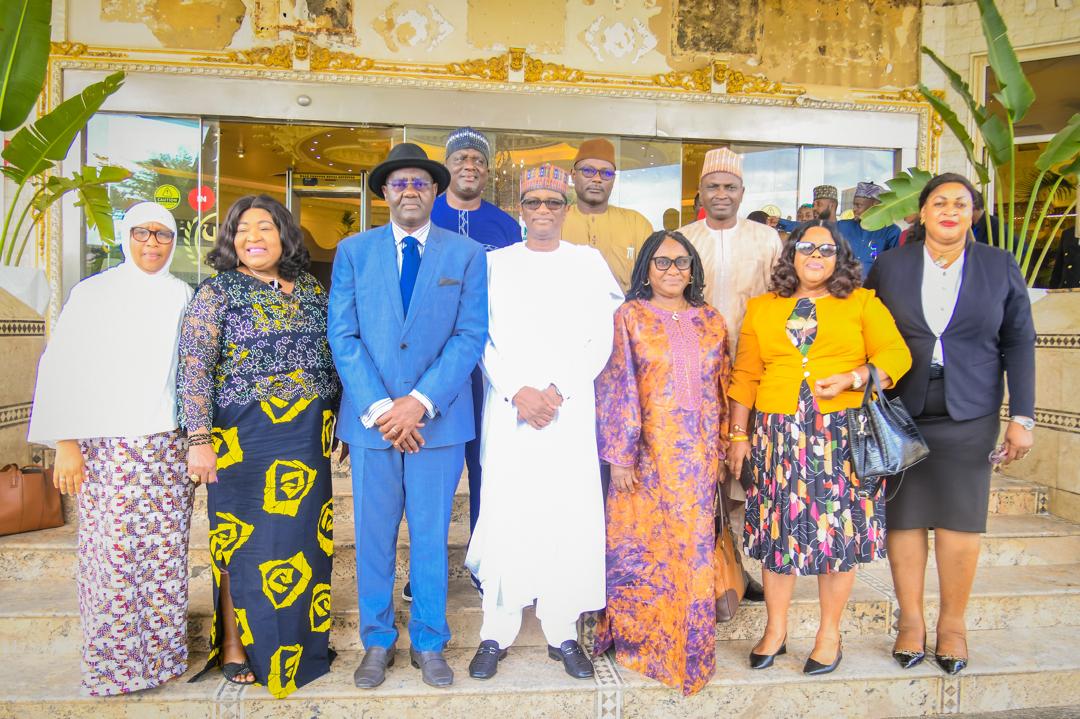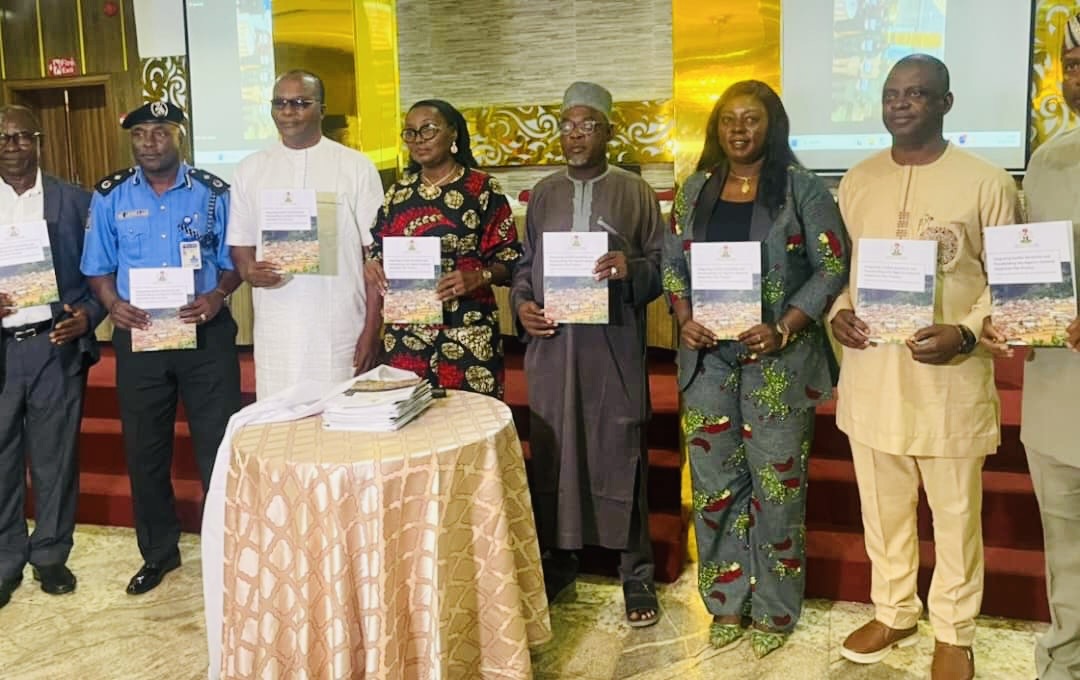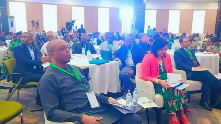Climate Change: NOA begins sensitisation on public safety in A’Ibom
By Isaiah Eka The National Orientation Agency (NOA) on Thursday, launched an awareness campaign, aimed at educating residents on the increasing impact of climate change. The campaign also seeks to enlighten residents on the urgent need for personal and community protection measures. During the launch in Uyo on Thursday, theContinue Reading

